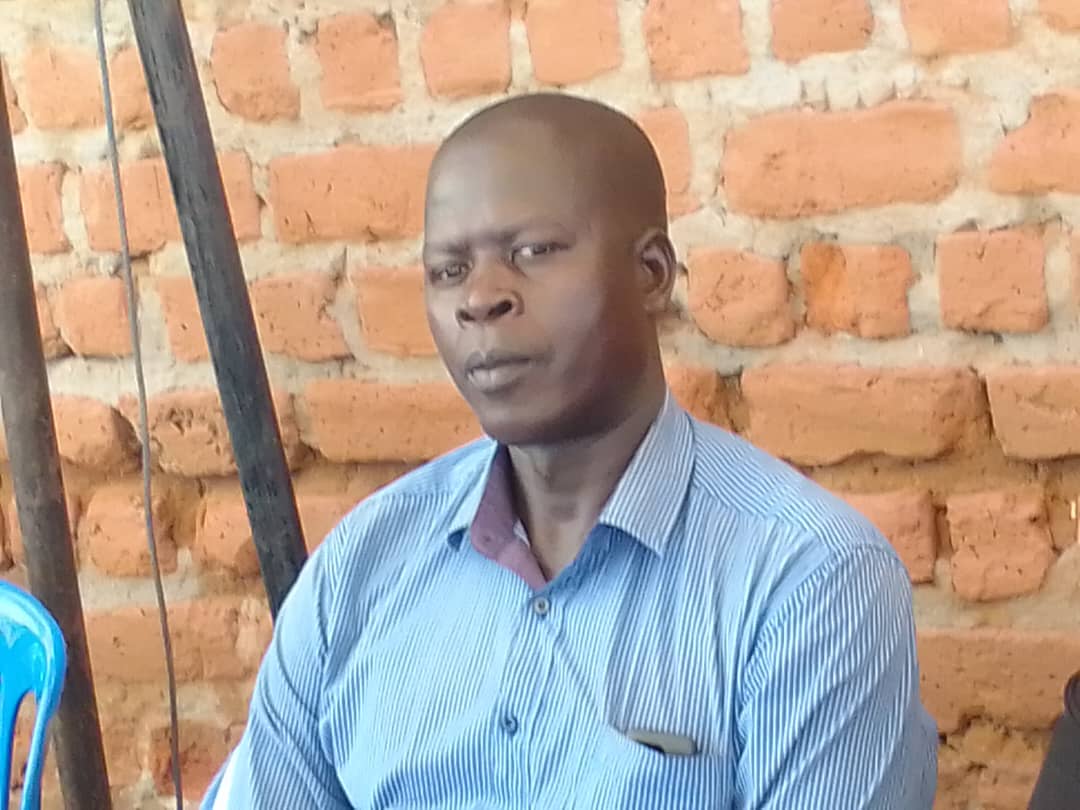KAMPALA — It seems President Yoweri Museveni has decided that Uganda’s youth could use a little less marching and a little more manual labor. In a recent address, Museveni recommended that instead of planning a grand march to Parliament, Uganda’s Gen Z might want to consider more “productive” pursuits—like starting a poultry farm or picking up a new hobby.
A group of fed-up young Ugandans have decided enough is enough and are planning a march to Parliament on July 23, 2024. This grand display of frustration aims to highlight the country’s corruption crisis, with lawmakers tangled in scandals thicker than your grandmother’s Matooke stew.
But President Museveni, ever the ‘wise’ elder, has a different suggestion. In his infinite wisdom, he’s advised these young idealists to channel their energy into activities that are, according to him, much more productive. Perhaps he envisions them spinning traditional baskets or perfecting the art of weaving local mats.
The 11th Parliament, already notorious for its close association with corruption, has become the Ugandan equivalent of a soap opera villain. With more drama than a local radio drama, it’s no wonder the youth are eager to march. But instead of taking to the streets, Museveni suggests the youth should look to their rural roots, implying that the real solution lies in cultivating crops, forming basket weaving clubs or maybe raising some chickens.
In a country where corruption can feel as endemic as the midday sun, Museveni’s suggestion might seem like an attempt to deflect from the real issue. The President’s advice seems to echo a bygone era when the youth were expected to be content with simpler, more tangible tasks rather than seeking to reform the system.
The protest plans come amid widespread disillusionment, with many Ugandans feeling like they’re stuck in a never-ending loop of corruption and ineptitude. Lawmakers are currently so enmeshed in corruption-related charges that the 11th Parliament has become a symbol of the very vice it is supposed to combat. It’s like having the village witch doctor accused of witchcraft—ironically fitting but utterly frustrating.
Museveni’s Advice
In his July 20, 2024 address, Museveni pointedly suggested that rather than marching to Parliament, the youth should find more constructive ways to contribute to society. Perhaps he believes that an investment in the local crafts industry or an earnest effort in agricultural development might somehow solve the deep-seated issues of corruption.
| Activity | Museveni’s Suggestion |
|---|---|
| Protest March | Knitting, Farming, or Poultry Farming |
| Addressing Corruption | Traditional Crafts or Agriculture |
For those comparing Uganda’s approach with neighboring Kenya’s recent protests over cabinet nominations, the situation may appear vastly different. Kenyan youths are rallying against government decisions, but Ugandan youth have been advised to steer clear of protests and focus on simpler tasks. It’s almost as if Uganda’s approach to national issues is a nostalgic nod to pre-colonial simplicity, while Kenya’s youth are embracing the modern spirit of activism.
For Uganda’s youth grappling with the harsh reality of high-profile corruption, one can only wonder if traditional crafts will indeed save the day or if the call for reform will eventually be answered.
In Nairobi, the news is that Kenyan youth are gearing up for another round of protests, and it looks like they’re ready to bring the heat. On Tuesday, July 23, 2024, the streets of Nairobi will transform into a battleground as protesters rally against President William Ruto’s recent cabinet appointments. If the new nominees thought they were stepping into a quiet office, they clearly underestimated the firepower of youthful discontent.
Just when you thought the dust had settled from the last round of protests, President Ruto’s nominations have reignited the flames of discontent. On Friday, Ruto reinstated six former cabinet members, including Aden Duale (Defence), Prof Kithure Kindiki (Interior), Soipan Tuiya (Environment, Climate Change and Forestry), and Alice Wahome (Lands, Public Works, Housing and Urban Development). Rebecca Miano is now set to take on the role of Attorney-General. The move was intended to signal stability and continuity but seems to have sparked anything but peace.
The Protest Plans
Mobilizing under the banner of “Tupatane Tuesday,” a social media campaign is urging Kenyans to shut down various key locations in Nairobi. It’s not just a walk in the park; it’s a full-blown plan to block Mombasa Road, disrupt traffic at Nyayo House, and target strategic points like Ole Sereni, Airtel headquarters, and Jomo Kenyatta International Airport. The message is clear: if the cabinet nominees aren’t rejected, the streets will see a lot more action than usual.
| Key Locations Targeted for Protest |
|---|
| Mombasa Road (Nyayo House to Mlolongo) |
| Ole Sereni Hotel |
| Airtel Headquarters |
| City Cabanas |
| Jomo Kenyatta International Airport |
Social media influencer Francis Gaitho has joined the fray, criticizing the reappointments as a slap in the face to ongoing protests. Former rugby player turned chef, Dennis Ombachi, has voiced his outrage, especially regarding Prof Kindiki’s reinstatement amid allegations of police brutality. Activist Hanifa Honeyfarsafi is rallying support, urging youth to stay mobilized until their demands are met.
The Official Response
President Ruto, while facing the storm, has reiterated the government’s commitment to addressing youth concerns. He’s promised job creation and integrity in governance as his administration’s response to the unrest. Yet, as the protests loom large, it remains to be seen if these promises will be enough to calm the storm brewing on Nairobi’s streets.
The Broader Context
Kenya’s recent transition from the Open Tender System (OTS) to a Government-to-Government (G-to-G) deal for fuel imports has already stirred political waters. The cabinet appointments have only added fuel to the fire, with many seeing them as a disregard for public opinion. As Nairobi braces for the protest wave, the stage is set for a dramatic showdown between the government and its critics.
In the face of this mounting pressure, the streets of Nairobi are set to become the latest arena for a high-stakes political showdown. Whether the protests will sway the government’s decisions or lead to further unrest remains to be seen, but one thing is certain: Kenyan youth are not backing down without a fight.




















